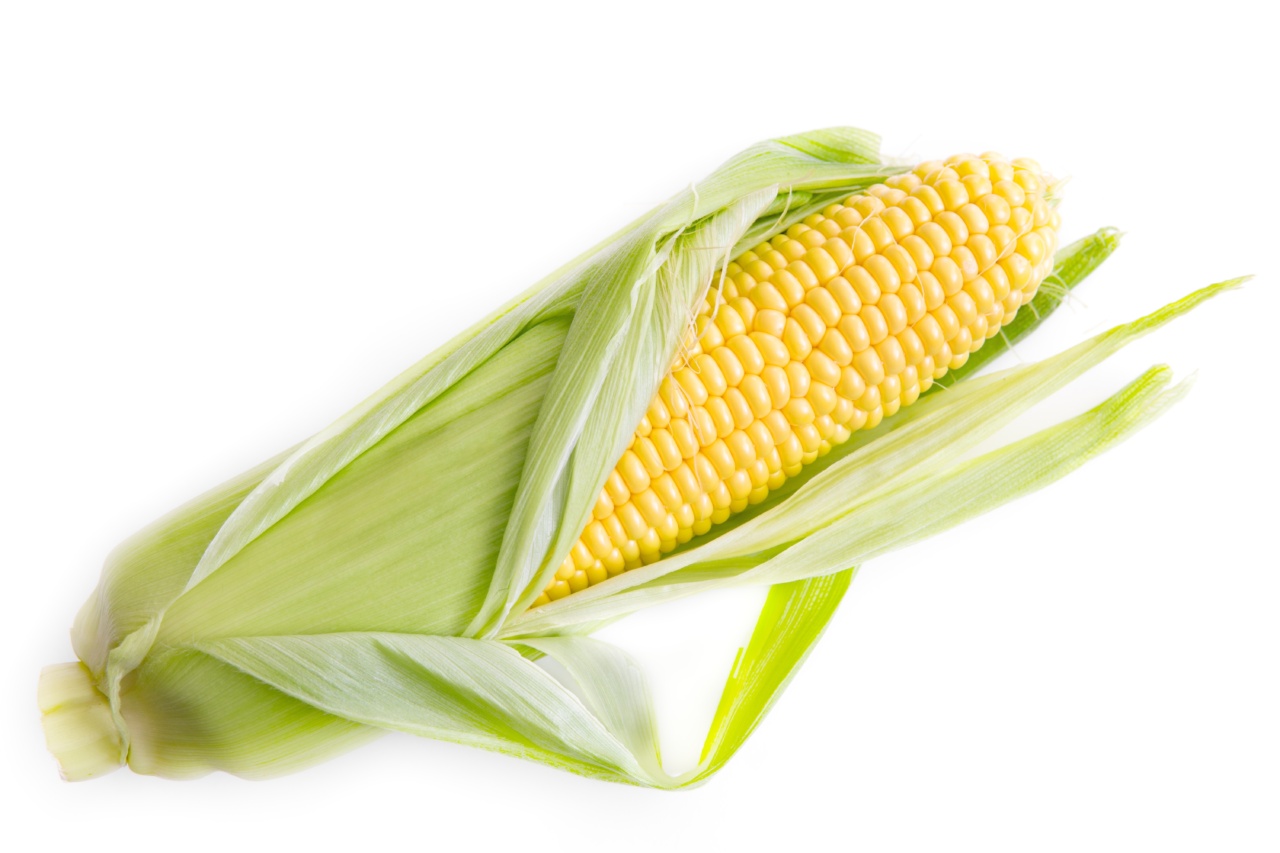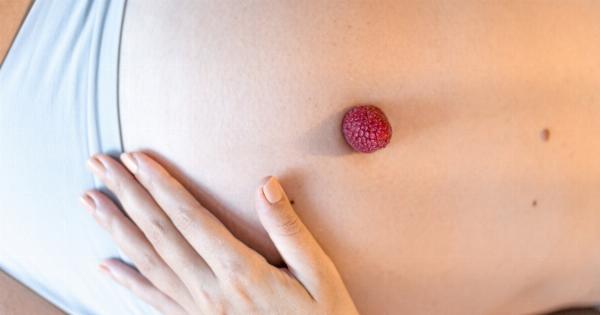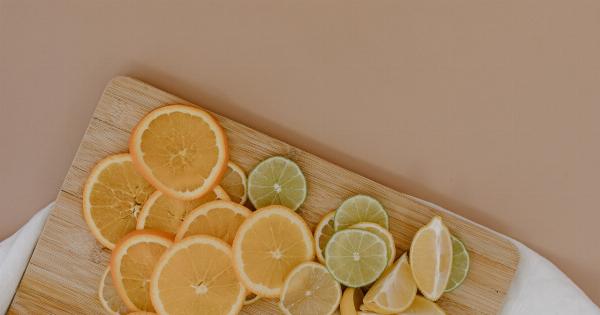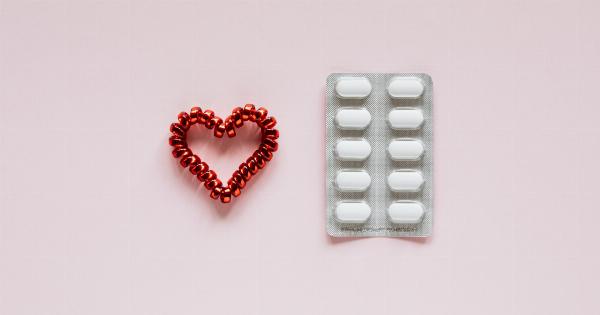Gorgeous hair is an important aspect of our beauty, and many of us desire shiny, long, and healthy hair. However, many common causes, such as poor nutrition, stress, hormonal imbalance, and genetics, can lead to hair damage and loss.
Therefore, it is essential to take care of your hair’s nutritional needs by including vital vitamins in your diet. In this article, we will discuss the essential vitamins for hair growth and their sources.
1. Vitamin A
Vitamin A is a crucial nutrient for hair growth, as it helps produce sebum, an oily substance that moisturizes the scalp. This vitamin also combats the effects of free radicals that cause hair fiber damage and thinning.
Foods rich in Vitamin A include sweet potatoes, carrots, spinach, broccoli, and mangoes.
2. Vitamin B
Vitamin B complex comprises a group of nutrients that promote hair growth by improving blood circulation and enhancing oxygen and nutrient supply to hair follicles. These vitamins also help to prevent hair loss and graying.
Biotin or Vitamin H, in particular, is vital for improving hair’s thickness and texture. Foods rich in Vitamin B include nuts, eggs, meat, seeds, and whole grains.
3. Vitamin C
Vitamin C is an excellent antioxidant that arrests hair damage due to environmental pollutants and can boost collagen production, promoting stronger hair strands. It also helps absorb Iron, which is essential for hair growth.
Rich sources of Vitamin C include citrus fruits, bell peppers, guavas, papayas, and strawberries.
4. Vitamin D
Vitamin D plays an essential role in hair follicle proliferation and differentiation and has the potential to stimulate hair growth. Low levels of Vitamin D have been linked to hair loss and alopecia.
You can supplement Vitamin D through fortified dairy products and exposure to the sun.
5. Vitamin E
Vitamin E is an antioxidant that protects hair from oxidative stress and helps to smooth hair cuticles. This nutrient also enhances scalp health and promotes hair growth by improving blood circulation and oxygen supply.
You can find Vitamin E in nuts, seeds, vegetable oils, and green leafy vegetables.
6. Iron
Iron is a crucial mineral for hair health, as it helps carry oxygen to hair roots and promotes hair growth. Iron deficiency has adverse effects on hair, leading to a lack of luster, brittleness, and hair loss, among other symptoms.
Red meat, poultry, fish, nuts, beans, and green leafy vegetables are rich sources of iron.
7. Zinc
Zinc plays a role in hair tissue growth and repair, as well as in the oil-secreting glands that are key in maintaining healthy hair. Zinc deficiency can lead to hair loss, weakened strands, and dandruff.
Zinc-rich foods include oysters, beef, pumpkin seeds, lentils, and spinach.
8. Omega-3 Fatty Acids
Omega-3 fatty acids are essential fats that benefit hair by hydrating the scalp and promoting blood vessel growth. These nutrients also help fight inflammation, which may trigger hair shedding.
You can obtain omega-3s from fish, algae, oilseeds, and nuts.
9. Protein
Protein is an essential building block of hair, constituting the bulk of its structure. Consuming adequate protein facilitates hair growth and repair and decreases the chances of hair loss and breakage.
Meat, fish, eggs, legumes, and dairy products are good sources of protein.
10. Folic Acid
Folic acid, also known as Vitamin B9, is crucial in cell growth and division, including hair growth and repair. This vitamin may also improve blood circulation and support melanin production, which gives hair its color.
Folic acid-rich foods include dark leafy vegetables, citrus fruits, beans, and whole grains.



























